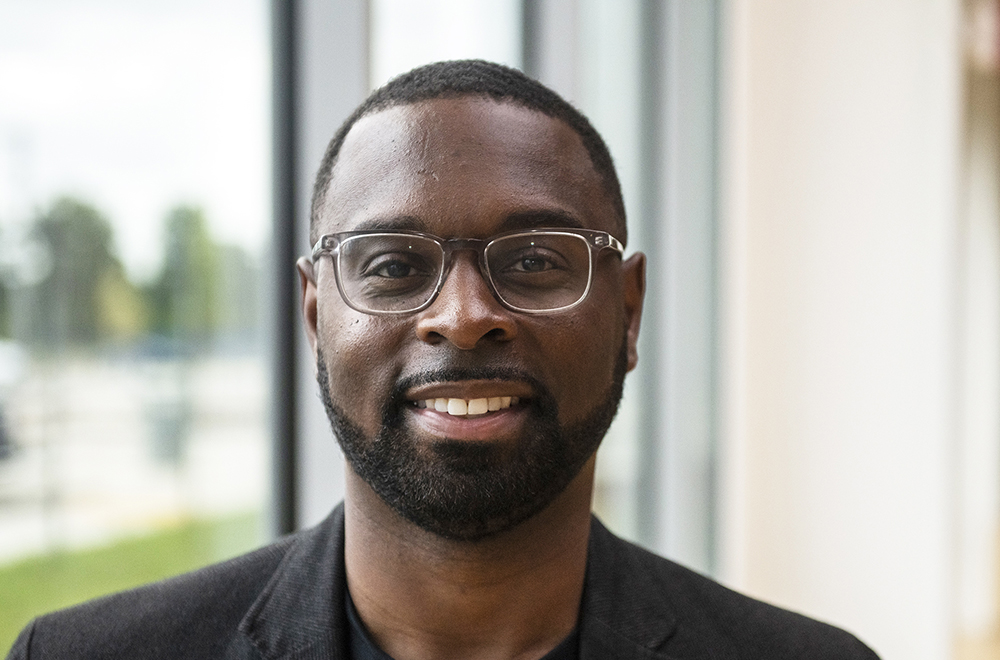What’s the opposite of a landslide? Land that doesn’t move? A stable pile of dirt? A hill? There really isn’t a satisfactory answer that I could find. Whatever you might want to call it, the Memphis mayoral election last Thursday was anything but a landslide. It was more like 17 random stones rolling down a driveway.
Let’s get the doleful numbers out of the way first. There are 373,091 eligible voters in the city of Memphis according to the Election Commission. Of that number, 88,668 voted in the mayor’s race, meaning around 24 percent of us who could have voted bothered to do so. That’s some weak sauce, folks. But it gets weaker.
There were, yes, 17 candidates on the ballot, most of whom had no business being there and had no real chance of winning. Some perhaps entered the race because they were bored and/or just seeking attention; others because they are delusional nutcases; others, who can say? Maybe six of those 17 were legitimate candidates. Of these, four emerged as front-runners in the early polling: Paul Young, Floyd Bonner, Willie Herenton, and Van Turner.
I wrote a column three weeks ago about how I was conflicted because as a progressive I was leaning toward Turner, who has genuine Democratic Party bona fides and had garnered the endorsements of several elected officials whose opinions I respect on such matters. But as a pragmatist, I was leaning toward Young because he was leading in the polling I was seeing and he seemed like a solid guy with business and activist connections and no baggage to speak of. But mainly, I was thinking Young because I was dead set on making sure neither Bonner nor Herenton won — one a cop whose jail had major issues and the other an 83-year-old five-time former mayor whose platform was “I’m Willie Herenton, damn it!”
After that column came out, I got calls, texts, and emails from supporters of both Young and Turner, all of them pitching me on the merits of their guy. In the end, I decided to go with my gut and voted for Turner. He came in fourth, right behind Herenton and Bonner, all three of them drawing in the neighborhood of 18,000 votes. So much for my gut. To sum it up: Young won an election to lead a city of 628,000 people with 24,400 votes, which is 6.5 percent of eligible voters. Ridiculous.
I’m not saying Young didn’t deserve to win. He won, and he did so fair and square, and probably as convincingly as one could, given the system. But the system is absurd — nonpartisan with no runoff. It encourages rather than discourages various loose fruits and nuts to enter. With 17 candidates and a low turnout any one of them could get lucky and stumble into the mayor’s office.
It’s not like we didn’t try to change the system. Not once, but twice, the citizens of Memphis approved IRV (Instant Runoff Voting), also known as ranked-choice voting, a system in which voters select their top three choices in order, the idea being to assure that a winner gets 50 percent of the vote, and that voters don’t have to make calculated guesses like I did when selecting a candidate.
But, as with so many good things in the state of Tennessee, our GOP legislature decided to kick that bucket over and ban IRV in the state. Because … well, because they could. And it would tick off Memphis, so why not?
But enough Election Day replay. Paul Young is the new mayor. He’s put in solid work as president and CEO of the Downtown Memphis Commission. He’s smart. His victory speech was inclusive and inspiring. He’s a family guy, only 44, young enough to walk onstage after his win to the sounds of “Who Run It” by Three 6 Mafia. Which is cool, if you don’t read the lyrics, or at least don’t take them literally. But hey, if hip-hop can get young people engaged in city politics, I’m all for it — anything that can get more than 25 percent of us to the voting booth is a win.
Godspeed, Mr. Mayor. You run it.
